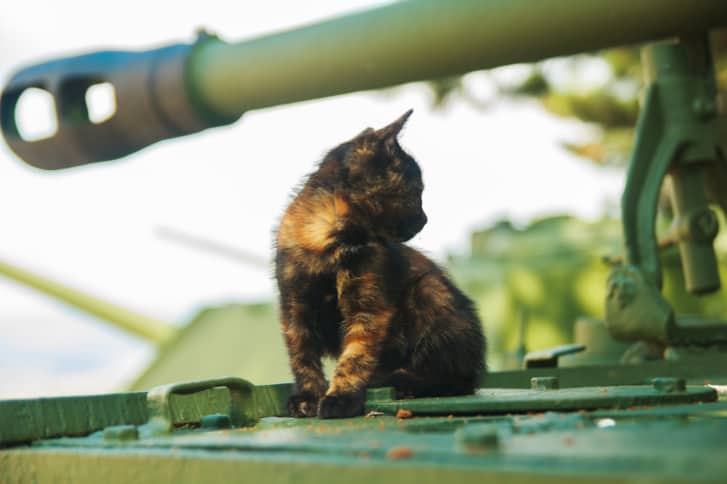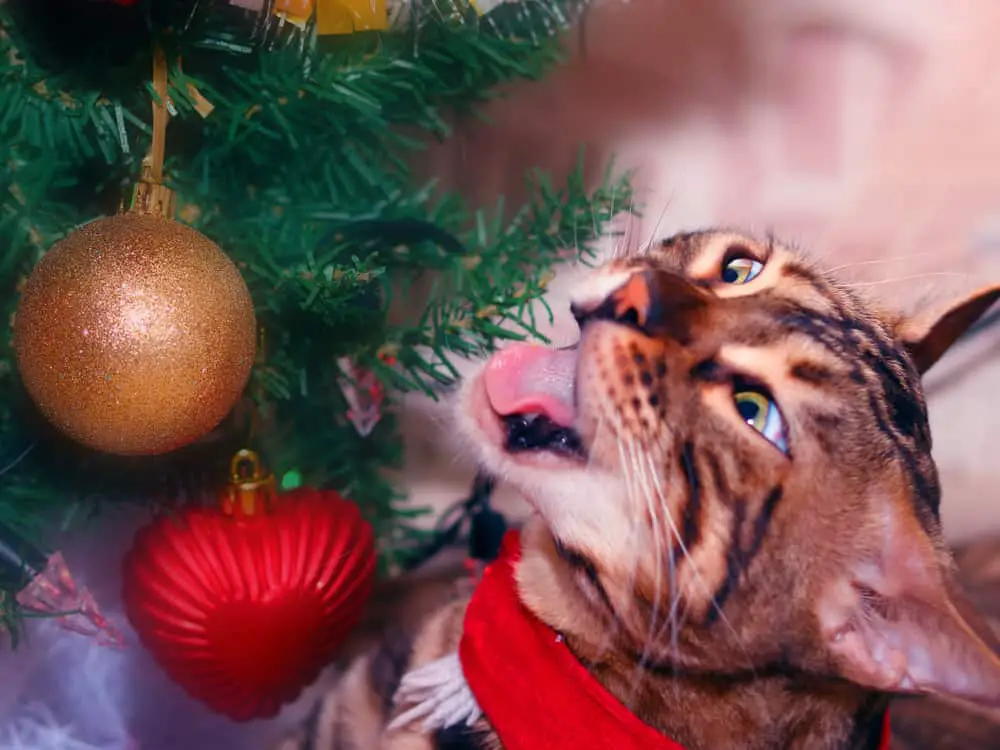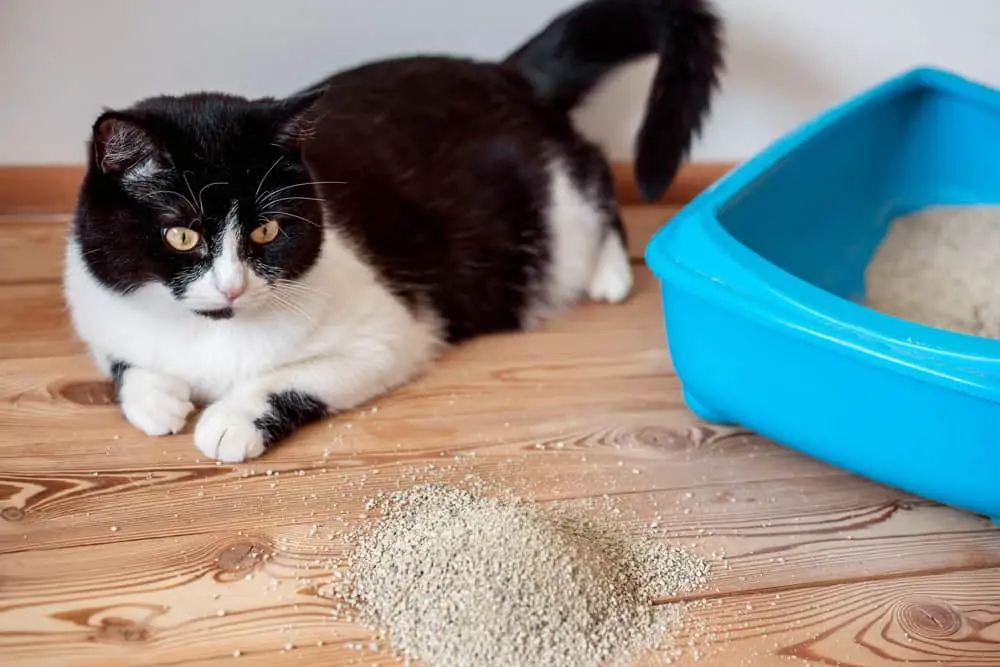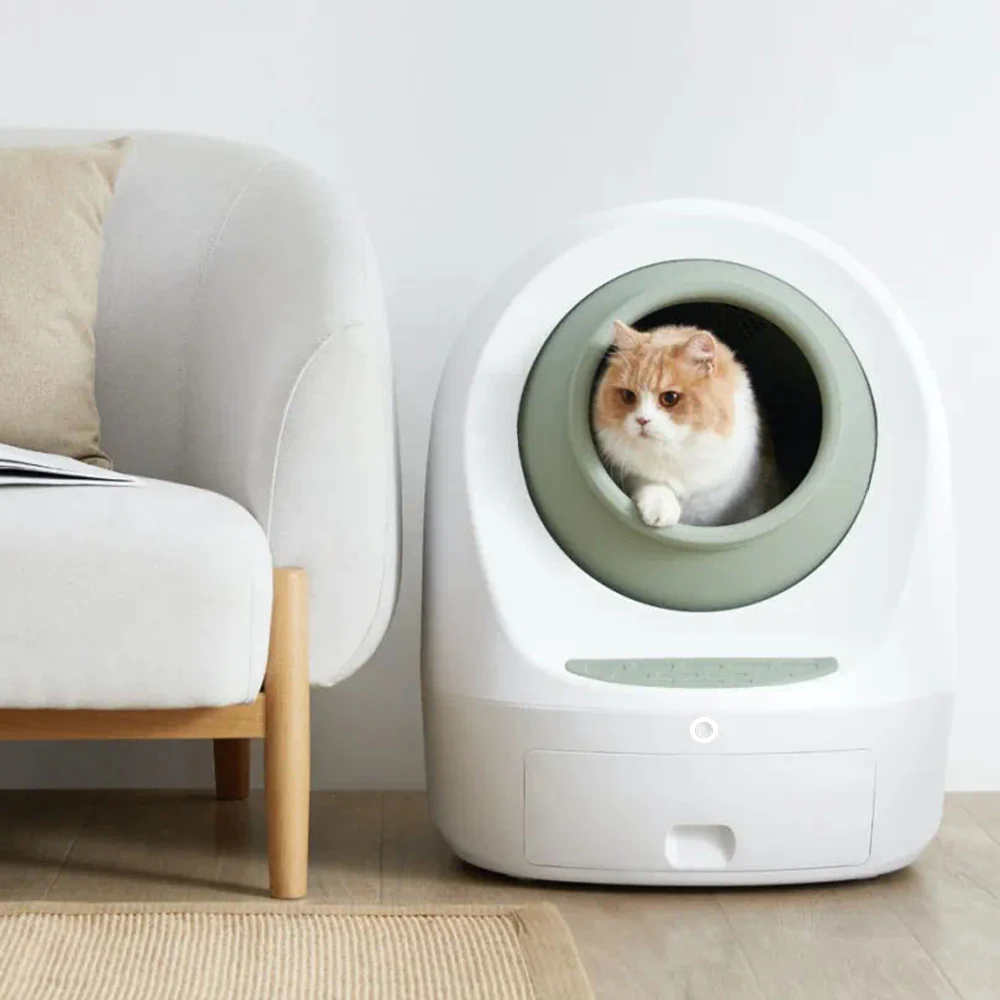If you have just received the news that your cat has hyperthyroidism, you may be feeling overwhelmed and unsure of what to do next. Feline Hyperthyroidism is a condition that affects cats and is caused by an overactive thyroid gland. This results in the cat having an increased metabolism, which can cause a wide variety of symptoms.

How Hyperthyroidism is Diagnosed in Cats
Hyperthyroidism is typically diagnosed through a combination of a physical examination, blood tests, and urine tests. The most common blood test used to diagnose hyperthyroidism is the thyroxine (T4) test. This measures the level of thyroid hormone in the blood and is usually high in cats with hyperthyroidism.
Symptoms of Hyperthyroidism in Cats
Hyperthyroidism can cause a wide variety of symptoms in cats. The most common symptoms include:
- Weight loss
- Increased appetite
- Increased thirst
- Increased urination
- Restlessness
- Hyperactivity
- Vomiting
- Diarrhea
- Nighttime howling
Treatment Options for Cats
There are a few different treatment options available. This includes medication, a special diet, and radioactive iodine therapy.
Treating Feline Hyperthyroidism with Medication
The most common treatment is medication, which can help control the symptoms of hyperthyroidism. There are a few different types of medication available, so your veterinarian will help you choose the best one for your cat. The most common is methimazole (Tapazole). This medication works by blocking the production of thyroid hormones in the cat’s body.
Finding the correct dosage can be a struggle in the beginning, and the dose may need to be adjusted over time. Your cat will require regular blood tests for life to determine if he or she is on the correct dose of medication.
Treating with Diet
If your cat is not good at taking medication, or if you are unwilling to put your cat on medication, there is another option available: a special diet. A low-iodine diet helps to reduce the amount of iodine that the thyroid gland absorbs. This can help to lower the level of thyroid hormone in the blood.

If you choose this treatment option, your cat will have to stick to only this food for life, and that means never any other food or treats. This can be a nearly impossible task if you have other animals in the home or a picky cat who doesn’t like the prescription food.
Treating Feline Hyperthyroidism with Radioactive Iodine Therapy
The final treatment option for hyperthyroidism is radioactive iodine therapy (i-131). This is a relatively new treatment that involves giving your cat a dose of radioactive iodine. Your cat will need to stay for several days under observation. The iodine will then destroy the overactive thyroid gland, leaving only healthy tissue behind. This is considered to be a very safe and effective treatment for hyperthyroidism, and it has the added benefit of being a permanent solution — in other words, it is the only cure for feline hyperthyroidism. However, it is a very expensive treatment and some veterinarians don’t recommend it for senior cats or those with other health problems, like kidney disease or heart failure — two health problems that are very commonly seen in older cats with hyperthyroidism.
The Prognosis for Cats with Hyperthyroidism
The good news is that hyperthyroidism is a treatable condition, and most cats respond well to treatment. The goal of treatment is to bring the thyroid hormone levels back to normal and to manage any symptoms that your cat may be experiencing. With proper treatment, most cats can lead happy and healthy lives.
However, some cats may develop complications, such as heart problems. If your cat has other health problems, this may also affect their prognosis.
If your cat is not a good candidate for treatment, or if the disease is very advanced, the prognosis may be poor. But with proper treatment, most cats can live for many years with the condition.
What to Do When Your Cat Has Been Diagnosed With Hyperthyroidism
If your cat has been diagnosed with hyperthyroidism, it’s important to take action. This condition can be serious, but there are treatment options available. Talk to your veterinarian about the best course of treatment for your cat, and follow their instructions carefully. With proper treatment, most cats can live happy and healthy lives.
Found this article helpful? Pin it!









